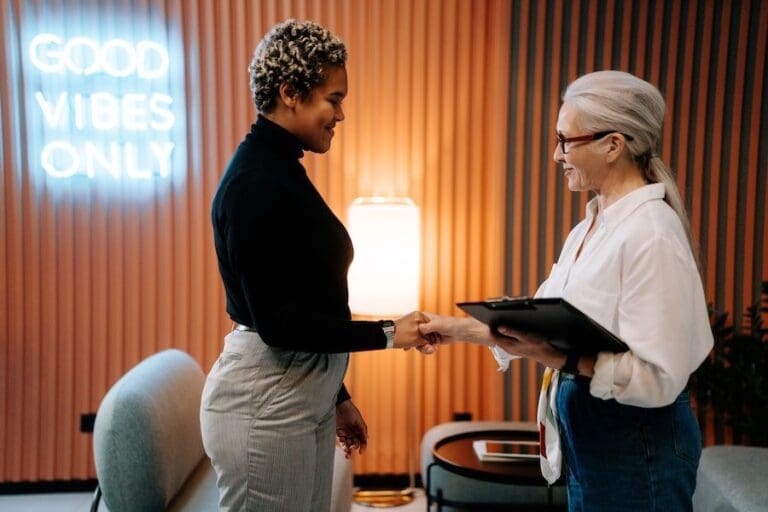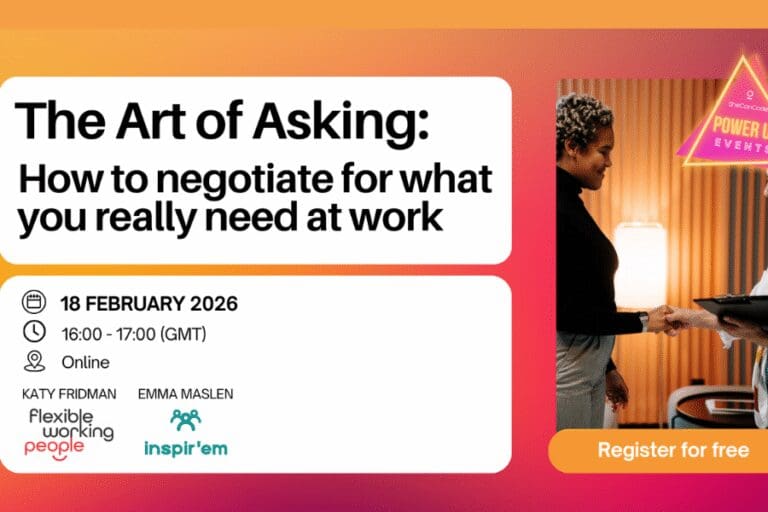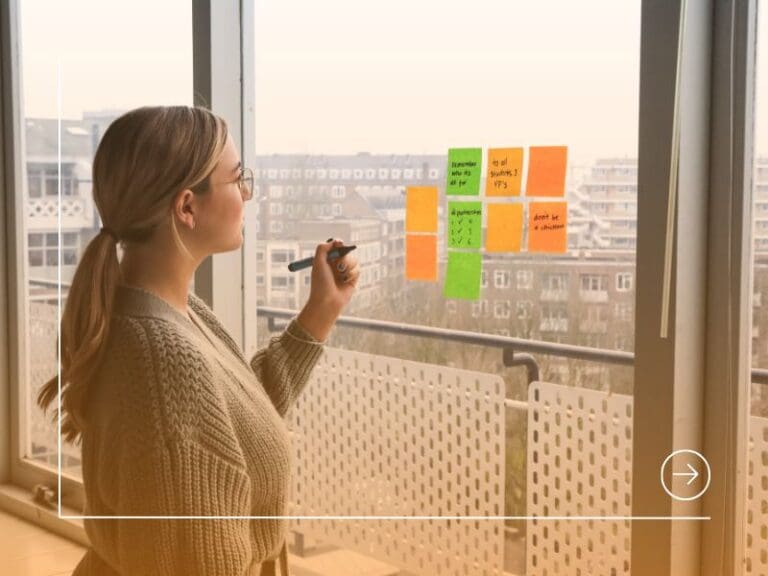IT’S ONLY NATURAL TO GET NERVOUS BEFORE AN INTERVIEW – ESPECIALLY FOR A ROLE THAT YOU REALLY WANT!
IN THIS PIECE, WE SPEAK TO LEWIS MALEH, CEO OF BENTLEY LEWIS, TO GET HIS ADVICE ON HOW TO BOOST YOUR INTERVIEW CONFIDENCE, IN JUST FOUR SIMPLE STEPS.
Lewis is an executive recruitment expert and the founder and CEO of Bentley Lewis, an award-winning global boutique executive search firm. He is one of the leading global minds on what’s next in the workplace, how hiring and attracting talent is evolving, and what people are really looking for from work. He shares his expert insights as a global speaker and host of “The Recruitment Show” and “Don’t take out your phone!”.
RECENTLY, I WAS SPEAKING TO A CANDIDATE OF MINE WHO WAS NOT FEELING PARTICULARLY CONFIDENT ABOUT HER FIRST INTERVIEW WHICH WAS RAPIDLY APPROACHING.
This is in fact a very common concern for many, with a recent survey conducted by JDP revealing a staggering 93% have experienced interview-related anxiety.
Getting butterflies during an interview is completely normal, in fact it’s a good thing because it shows you care about the job. Nonetheless, the pressure to make a good impression can cause unnecessary stress, affect your confidence and sabotage your interview performance.
Your CV and cover letter has already captured the recruiter’s attention, so it’s now down to how you present yourself and your confidence on the day. The best way to approach this is to be fully prepared for the uncomfortable feelings. Expect that you are likely to feel anxious and then put strategies in place to ensure you can control your nerves during the interview. These actions outlined below will help you mentally prepare yourself, so you can enter the interview in a cool, calm and collected manner.
PRACTICE
As they say practice makes perfect! Don’t wait until during the interview to make a mistake or to not know the answers to simple questions that can be easily researched beforehand. It is worth finding out about the company’s history, the background of the person interviewing you and any current campaigns they are working on. Then ask a friend to carry out a practice interview with you. By simply doing this, your confidence will grow.
RECORD YOUR VIDEO SESSION
One great way to get prepared for an interview is to record a video session of you answering some example interview questions. If the idea of watching yourself speak on video makes you cringe with embarrassment, don’t worry as you are not alone! That said, it’s worth trying to fight through the discomfort as it’s a really effective method of seeing yourself from the perspective of the interviewer and will help you to identify areas you can improve on, such as body language, posture, eye contact, talking speed etc.
CONSIDER QUESTIONS AND ANSWERS
Another good strategy is to think about the types of questions that could be asked and have answers prepared, ideally peppered with some situational examples from your previous experience too.
There are typical questions that often get asked, such as, “Why do you want to work with the company?” or “What are your strengths and weaknesses?”. It is worth spending the time to prepare and write down your answers, and practice over and over again until you are bulletproof in your delivery.
Many interviews may also include an opportunity for you to ask any questions, so be sure to have at least three questions up your sleeve ready to offer at the appropriate time. This shows that you are keen, engaged and have really thought about the position you are applying for.
BUDDY UP
You can have prepared and practiced all of the answers, however, one of the most important things is to ensure your mindset is on point. A great way to get you in the right frame of mind for your interview is to find a buddy that can coach you.
Remember, it is all about how you present yourself and your confidence on the day, and it is incredible what a little belief in yourself and your ability, coupled with a smile and good posture can do for your chances of winning over the hiring manager.








